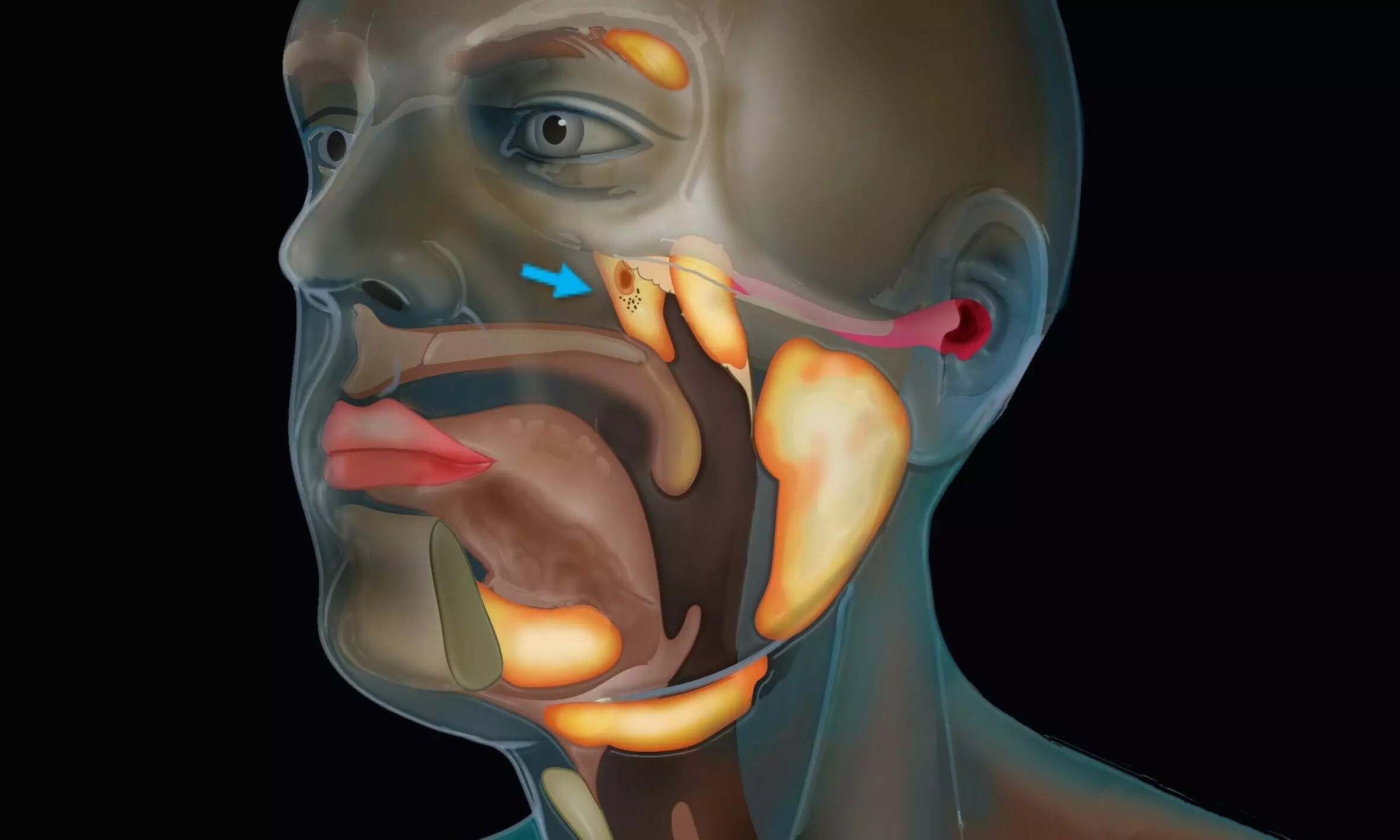
Scientists discover new pair of glands in human body
text_fieldsA team of scientists at the Netherlands Cancer Institute discovered a pair of large salivary glands, where the nasal cavity meets the throat. The scientists have declared that if the results are confirmed, this hidden source of saliva could represent the first discovery of its kind in nearly three centuries.
Radiation oncologist Wouter Vogel and oral and maxillofacial surgeon Matthijs Valstar were studying a new scan as part of their research on prostate cancer when they discovered two unexpected areas in the back of the nasopharynx that looked similar to known major salivary glands.
"People have three sets of large salivary glands, but not there," Vogel explains. "As far as we knew, the only salivary or mucous glands in the nasopharynx are microscopically small, and they evenly spread up to 1000 out throughout the mucosa. So, imagine our surprise when we found these." "Now, we think there is a fourth," Valstar told, as reported by Times magazine.
'Regardless of the classification of the tuba rial glands (name proposed based on anatomical location) as either a conglomerate of minor glands, a major gland, a separate organ, or as a new part of an organ system, the tuba rial glands are macroscopic glandular tissue locations with clinical relevance,' quoted in their paper.
"Our next step is to find out how we can best spare these new glands and in which patients. If we can do this, patients may experience fewer side effects which will benefit their overall quality of life after treatment." Vogel says.
According to their official website, the researchers analyzed the data of 723 patients who had undergone radiation treatment. They concluded that the more radiation delivered to these new areas, the more complications the patients experienced afterwards, similar to the known salivary glands.
The paper was published online on September 23, 2020 in the journal Radiotherapy and Oncology.























